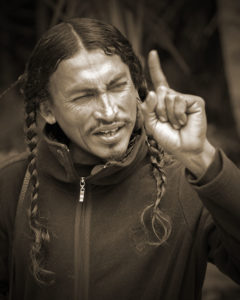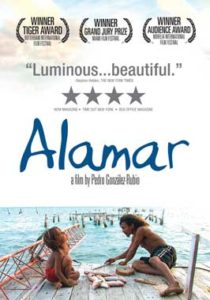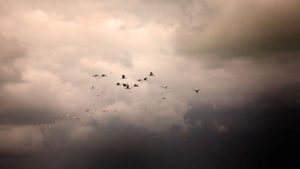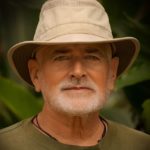BIOSPHERE LIFE
Jorge Machado – Photo courtesy of Indochine Photography
“It’s not just a problem about feelings. The problem is that I’m unhappy with your reality, as you are with mine.”
These heartfelt words spoken by Jorge Machado in the award winning film, Alamar, speak directly to the heart of a matter increasingly dear to me. They apply distinctly to individuals, but they also reflect my personal and growing antithesis to the modern corporate, industrial, urban world.
Non-acculturated expatriates still reflect that abandoned, hollowed-out culture, like two gringo women asking Jorge, “Do you have family?”
And Jorge’s barely civil response, “Of course I have family. Everyone does.”
A Yucatecan family includes a vast community of souls, many not human.
In this case, a family connected to the Zapatista movement, with all the tragedy that implies.
And then, to intrude further into our private conversation: “Your son was a bird?”
Nothing civil now in his response, “I was speaking with the two gentlemen.”
But this is not about cultural conflict, or even the absurd notions of expats. This is about our meeting with a fascinating man from indigenous roots, and the deeply meaningful conversation between us.
Jorge Machado is a trained ornithologist working in the Sian Ka’an Reserve, the marvelous biosphere near Tulum, Yucatan, Mexico, and he is our guide for the day. Like my brother, he is a professional photographer, and he is alert to the special requirements of this particular trip. Sadly, others on the boat preclude photographic success. They are looking for adventure.
So we turn to conversation.
Jorge is what I term the indigenous academic. By upbringing and experience, he instinctively knows and practices the art of sustainable living. By training, he defends with scientific precision and evidence the necessity for our world to turn in this specific direction. Survival on Earth demands a global embracing of scientific facts partnered with indigenous skills.
We are familiar with the notions of universal interdependence, sustainability, industrial waste and pollution, world hunger and its relevance to mass consumption by non-producers. Most often, such consumption is maintained through the labor and exploitation of indigenous workers, and by the concurrent destruction of major eco-systems they call home. We know this.
Storks of Sian Ka’an – Photo courtesy of Indochine Photography
I do believe, however, that indigenous academics are uniquely qualified to assist necessary change and encourage our desperate need to turn South 180 degrees and walk forward.
My brother says to Jorge, “It’s simple, but simple ain’t always easy.”
I see respect shine in Jorge’s eyes. They glisten with comradeship.
“No sir, it is not,” he says.
Then, sadly, he relates the story of the rubber tree plants and gum harvesters, the invasive intrusion of petrochemical industries, hotels, tourists – the same old story with its litany of devastating ecological impacts.
All of which leads us into silence.
The reverent silence that prays for change.
Hopes for change.
Expects none.
Our silence speaks of our deep appreciation for the existence of this biosphere and the caretakers who maintain its diversity and integrity, and for the old world culture that fosters such ecological preservation, and even for the tourists – god bless their oblivious intrusions – who help to fund these same protective measures.
Still, in the grand scheme of things, our measures are too small.
Sometimes, I wish I could simply divorce this modern world.
I would simply explain, “The problem is that I’m unhappy with your reality, as you are with mine.”
Thank you, Jorge, for the words.
And the silence.
And the little flicker of hope.
Joel R. Dennstedt – Author




